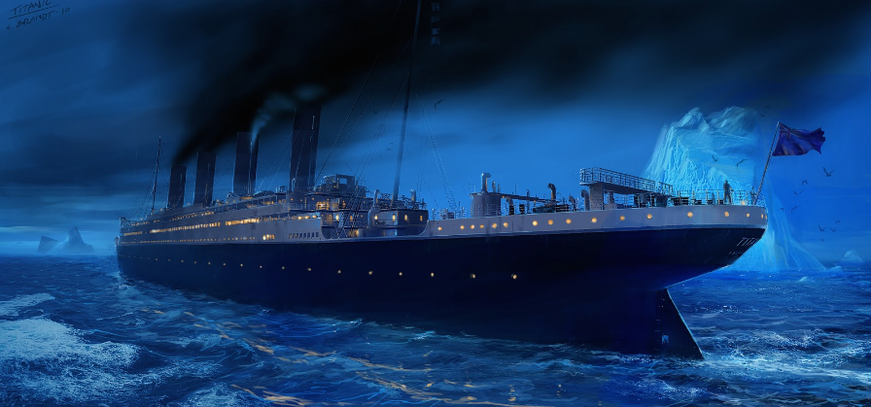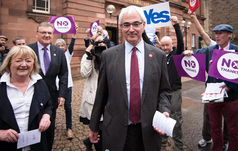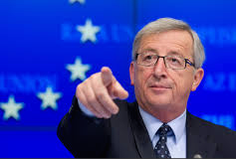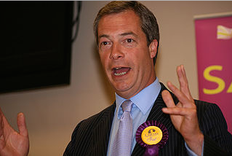
Europe's Future - Scenarios
The three scenarios of "Our New Europe" correspond with the three most frequently discussed visions for Europe. They are based on the following assumptions:
-
Definition:
The scenarios of "Our New Europe" are conceptual models indicating possible future developments of Europe (incl. its democracy and subsidiarity) under specific different assumptions and prerequisites.
-
Limits:
The scenarios of "Our New Europe" deal with Europe and its relations to member countries, but not with domestic matters, such as the structure of the State, of government, democracy and the economy, centralisation and decentralisation. Each country shall continue to decideautonomously on these national issues.
-
General framework for all scenarios:
Europe continues to defend peace and prosperity on its continent and in the world, the respect of the common European values of the Enlightenment, e.g. human dignity, human rights, democracy and freedom and the great European peace project. (Art. 2, consolidated version of the Treaty on the European Union),
The 3 Scenarios - Summary
"Brussels" (i.e., the vast majority of the EU elites, politicians and its administration) continues to strive for an ever closer, more centralized, politically integrated and bigger Union; finally, for a global power, the United States of Europe.
As up to now, the citizens shall not have a say on Europe's future in EU-wide referenda. Even national referenda regarding Europe must, if possible be avoided; inappropriate results of referenda shall be ignored or corrected.
Additional powers shall thus be transferred from EU member countries to "Brussels", e.g. to create a common economic and financial government for the Euro zone (with a EU tax and transfer payments from the rich members in the North to the poorer countries in the South of Europe), as well as common European policies for refugees and public health, foreign affairs and defence.
There is no way back from the ever closer EU+ Union!
Already in the early nineties, the EU opponents demanded Great Britain's exit from the EU and its sovereignty for legislation and free trade agreements worldwide.
On June 23, 2016, the British decided in a referendum to leave the EU, not least thanks to UKIP under Nigel Farage. The decision met with massive resistance not only from the EU, but also from "remainers" in the UK, incl. in Parliament and in Theresa May's government.
Only the general elections of 12.12.19 brought a break-through: Boris Johnson won a landslide victory under the slogan "Get Brexit done!" - also thanks to Nigel Farage and his new Brexit party.
On 31.1.20, the UK formally left the EU! The complete separation followed on 1.1.21 after further dramatic negotiations with the free-trade agreemende achieved by Boris Johnson.
Is Brexit now catching on? Will it be the beginning of the end or a chance for Europe's renewal?

EU critics and skeptics want the EU to become more democratic, more flexible and more decentralized.
In this scenario EU*, the citizens all over Europe shall decide in referenda, which role they as citizens want to play in this Europe.
In particular, they can decide, if they want to have the last word on important European issues, e.g. on their countries role in Europe: should it adhere to its politically integrated core, or to the European common market / economic area (including the free movement of goods, services and capital, but not of people, and without the Euro), or to a large European free trade zone, open to all European countries - but also on common European policies on immigration and communication, transport, culture, research and education, health, foreign affairs and defence.
Millions of convinced and dedicated Europeans can thus create a new, diverse, democratic Europe of the citizens, with and for its citizens.!


